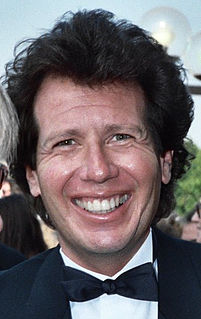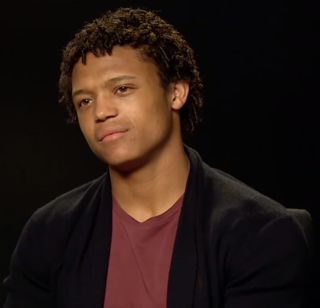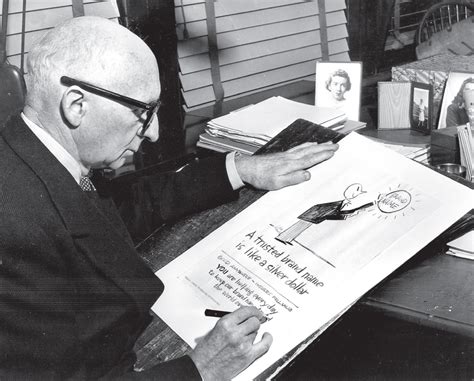A Quote by Jeff Kinney
The key to any good comic strip or television sitcom is to reset the board at the end of the episode because people like familiarity.
Related Quotes
I think what people watch television for is the emotional continuity, from episode to episode, and feeling that the experience that they had, four episodes ago, has actually been building to an episode that comes later, and knowing that the characters are growing, as a result of that, and making mistakes, is really, really important to the way people connect to television.
We do want the freedom to move scenes from episode to episode to episode. And we do want the freedom to move writing from episode to episode to episode, because as it starts to come in and as you start to look at it as a five-hour movie just like you would in a two-hour movie, move a scene from the first 30 minutes to maybe 50 minutes in. In a streaming series, you would now be in a different episode. It's so complicated, and we're so still using the rules that were built for episodic television that we're really trying to figure it out.
I'd always enjoyed the comics more, and felt that as long as I was unemployed it would be a good chance to pursue that and see what response I could get from asyndicate, as I didn't have anything to lose at that point. So I drew up a comic strip - this was in 1980 - and sent it off and got rejected. I continued that for five years with different comic strip examples 'til finally Calvin and Hobbes came together. But it's been a long road.
Back in the olden days when we were rubbing sticks together, everybody wanted to have a comic strip, to live in Westport Connecticut, to have a Jaguar and to have a wife and two and a half kids and to have a girl in town in their studio in Manhattan that they'd romance, and then they'd have people ghost their strip. It was like this big dream.





































